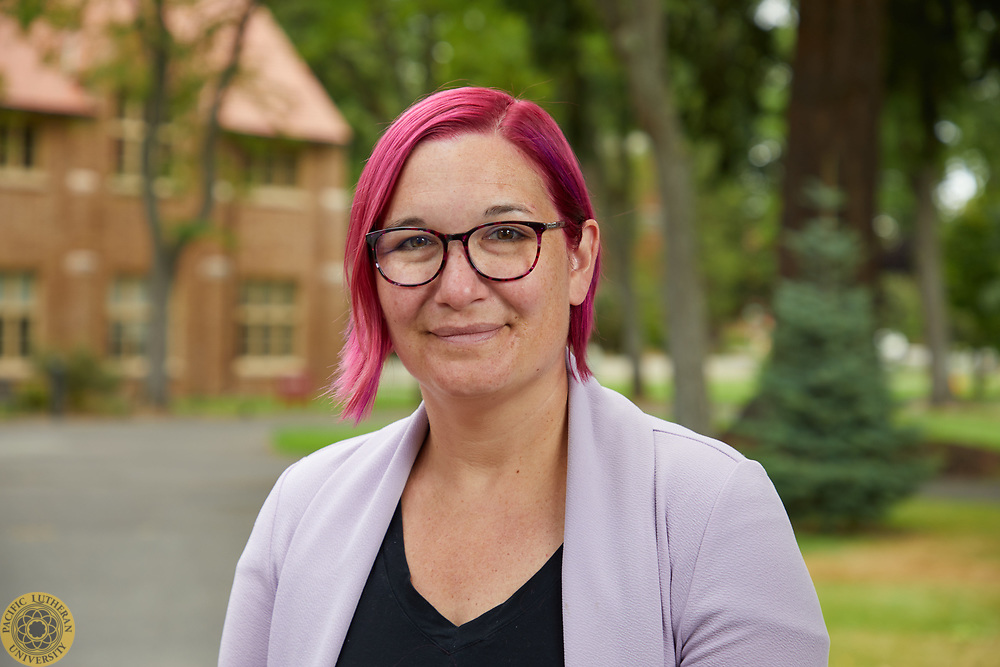Page 20 • (385 results in 0.033 seconds)
-
area is situated on the vibrant and culturally diverse Pacific Rim, you also reap the benefits of the Northwest such as the picturesque Mt. Rainier National Park and the rugged Olympic coastline. Please use the links on this page as a starting point to discover everything that living in the Pacific Northwest has to offer! Maggie Hendrickson, Former Community Director for Tingelstad Hall: “The area around the Puget Sound has something for everyone. We are lucky enough to be surrounded by forests of
-
degrees in music at PLU will… Perform significant repertoire—at a level allowing for artistic self expression—in at least one major performance area. Acquire comprehensive knowledge of the common elements of music, demonstrated through the interpretation and presentation of music in their performance medium. Apply the comprehensive academic knowledge and wide-ranging performance experience necessary to produce quality music of our contemporary, culturally diverse society. Demonstrate basic knowledge
-
in poetry, fiction, and nonfiction. Classes are also offered on issues of pedagogy, and how to build and maintain a writing practice and community beyond the MFA. Each participant is free to create their own menu of classes during the residency, regardless of the participant’s primary genre. A participant who is primarily a poet, for example, may opt to take classes in nonfiction, while a participant involved with writing a memoir project may choose to take classes in fiction. During the
-

of Vocal Studies, Teaches Applied Voice Lessons, Vocal Pedagogy, Solo Vocal Literature, Diction, Directs Opera Production/Workshop Accolades Production Grant from the Kurt Weill Foundation for Music in New York, NY Regency Scholarship Grant, Pacific Lutheran University Biography James L. Brown maintains an eclectic career as a tenor, conductor and stage director. James is the Coordinator of Vocal Studies at Pacific Lutheran University in Tacoma, WA where he oversees a large and diverse voice
Office HoursMon - Fri: - -
meaningful living, and to discuss ways to mentor students to live into the PLU mission. Each seminar group will meet to study and discuss a variety of matters vital to their profession as faculty at PLU. They will discuss some important historical materials and debates about vocation, various contemporary issues in pedagogy and higher education, and related controversies in contemporary society and academic disciplines. These discussions will intersect with consideration of PLU’s mission and individual
-
Guidelines below. CATEGORIES: Campus Scenery: Qualifying photos for this category may include wildlife, plants, natural and urban landscapes and landmarks around our campus. Must include a minimum of one student. International Classroom: Qualifying photos for this category may depict student interaction with academia. Examples may include students in the classroom, with faculty, involved in internship and service projects, field study, culturally relevant activities or study groups, etc. Lute
-

, photoluminescence, FTIR, and NMR spectroscopy. Read more about Dr. Munro’s research on her research group webpage. Dr. Munro developed a new course CHEM 103: Food Chemistry, a lab-based chemistry course designed to introduce students to the scientific method and quantitative analysis. The course was designed for students who are not majoring in the sciences. Dr. Munro is currently a co-PI on the NSF-funded project, “Pathways to Culturally Sustaining STEM Teaching” designed to encourage talented STEM students to
Area of Emphasis/Expertise -

component helped him pay for textbooks and supplies. When asked about the changes he has seen on campus, Austin describes the rise in student action groups on campus. The Collective, a group of Diversity Center students, went to the sitting president and expressed a need for bias training, a culturally competent staff, and hiring staff and faculty of color. “The Collective as a student group and organization has built out these demands for institutional justice, and we can follow these [demands] to
-
curricular changes she made this year to make a biology unit more culturally relevant.Congratulations CS-STEM Graduates! (May 2023)Congratulations to all five of our CS-STEM Teacher Candidates who earned their MAE degrees! We look forward to you teaching in your own classrooms in the fall and look forward to hearing about your first year during our Induction Seminars. Congratulations to our CS-STEM Scholar Grayson Nottage who earned her Bachelor’s degree and was featured in the PLU News’ series about
-

, FTIR, and NMR spectroscopy. Read more about Dr. Munro’s research on her research group webpage. Dr. Munro developed a new course CHEM 103: Food Chemistry, a lab-based chemistry course designed to introduce students to the scientific method and quantitative analysis. The course was designed for students who are not majoring in the sciences. Dr. Munro is currently a co-PI on the NSF-funded project, “Pathways to Culturally Sustaining STEM Teaching” designed to encourage talented STEM students to
Area of Emphasis/Expertise
Do you have any feedback for us? If so, feel free to use our Feedback Form.


